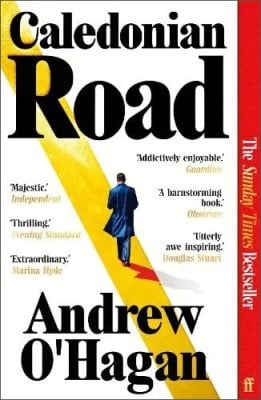The novel offers a complex, ironic examination of contemporary England’s social fractures, balancing grim realities with a cautious hope for decency and connection.
The reviewer finds the characters richly drawn and morally complex, especially Campbell and Milo, who embody the tensions between hope and cynicism in modern Britain. The novel’s extensive cast represents various facets of society, from corrupt aristocrats to vulnerable migrants, creating a tapestry of social critique that is both sharp and empathetic. Despite painting a bleak picture of greed and hypocrisy, the story ultimately suggests that good people exist and might prevail, leaving readers with a nuanced, reflective sense of optimism amid the turmoil.
Quick quotes
Campbell – increasingly conflicted by his middle-class success and working-class origins – is our guide through a story in which hope, promise and sincerity are set against hypocrisy, greed and hatred.
O’Hagan paints a grim picture of what is wrong – the superficial, the hypocritical, the greedy and the cruel – in England, he also leaves us with a glimmer of hope.
Campbell’s survival will depend on disconnecting from all that is wrong in his world while hanging tight to all that is good.
